Meet  Sofi Overton, a young entrepreneur who found a wonderful new way for girls to store their phones when they are wearing leggings. Sofi started her company– Wise Pocket– when she began noticing how her older cousin had to put her phone in her socks when she was wearing leggings.
Sofi Overton, a young entrepreneur who found a wonderful new way for girls to store their phones when they are wearing leggings. Sofi started her company– Wise Pocket– when she began noticing how her older cousin had to put her phone in her socks when she was wearing leggings.
Sofi took this thought and ran with it as she designed socks that have pockets high up on the sock that prevents the phone from falling down the wearer’s legs. Not only that, but Sofi also designed leggings that had pockets big enough for an individuals phone, while keeping the wearer comfortable.
Her good business is not as impressive as her kind heart as she donates a pair of socks to homeless kids and people with every pair that is purchased. This all started because of the numerous number of people in school district alone who live without a home: 627.
Sofi’s mission to make socks and leggings for active kids like her has transformed into a business that has not stopped selling. She currently has three designs that are coming soon in her legging line and socks that are simple but fashionable.
Furthermore, she sells hats and hoodies to increase her business. Sofi has done a wonderful job starting her own business.
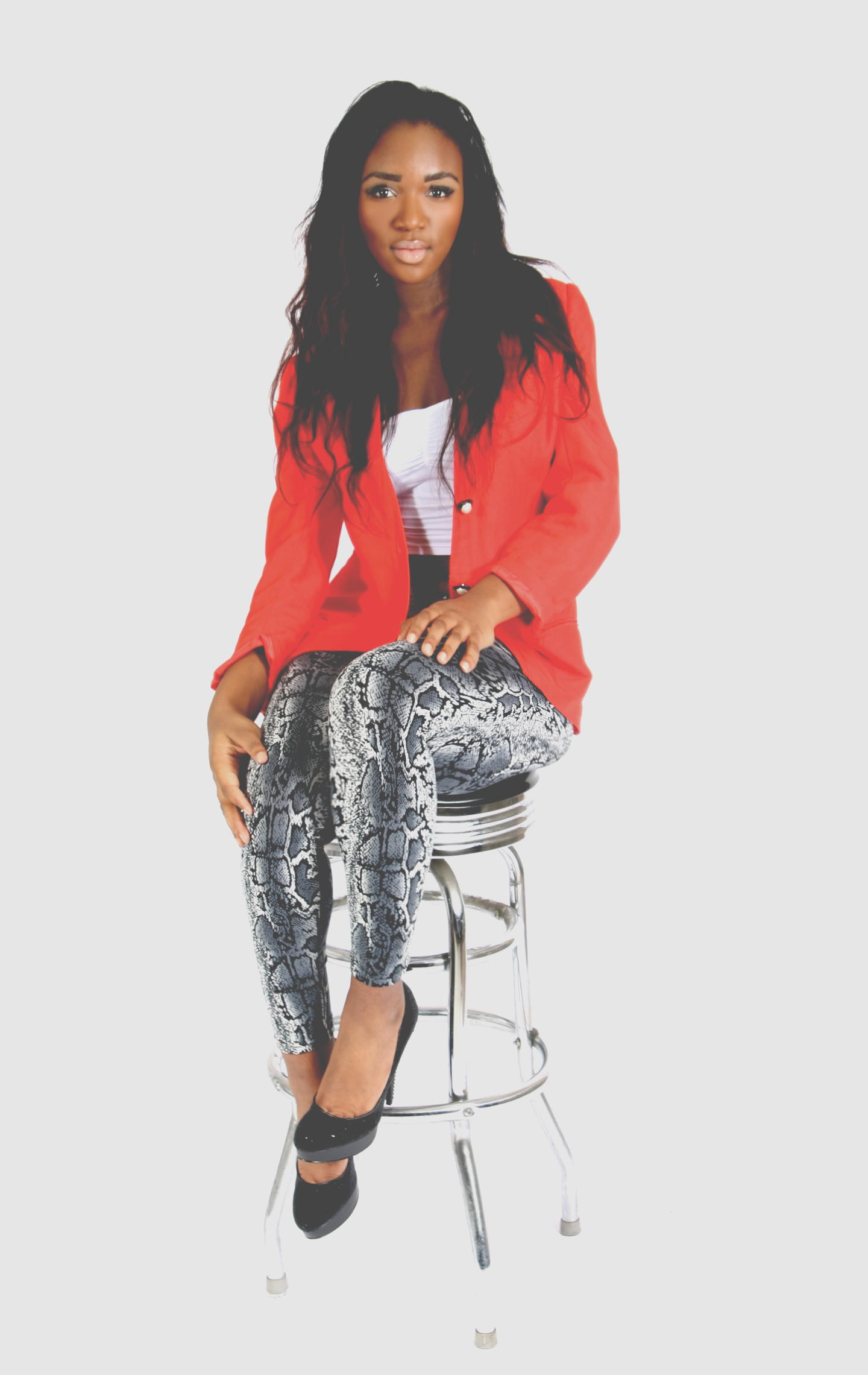
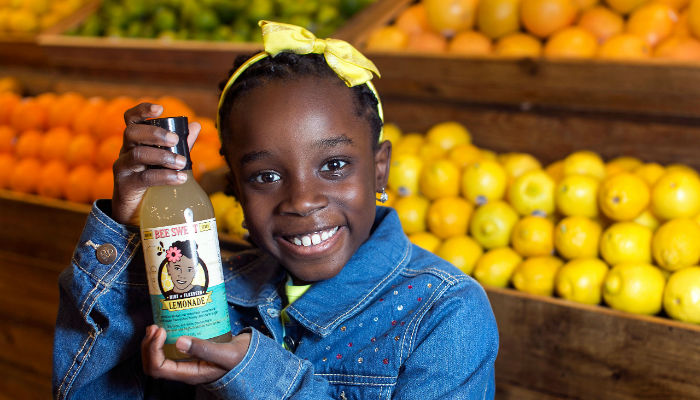
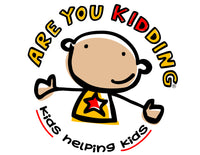

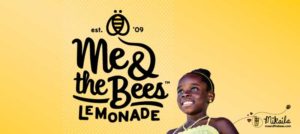
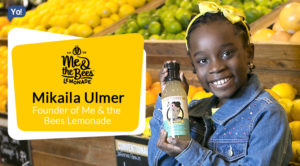
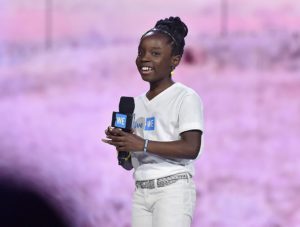
 other taught her to cook when she was five years old. In 2008, her father was diagnosed with type 2 diabetes. Since then, she and her family became devoted to living a healthy life, in their eating and lifestyle choices. Since then, they have been able to reverse her father’s diagnosis of type 2 diabetes.
other taught her to cook when she was five years old. In 2008, her father was diagnosed with type 2 diabetes. Since then, she and her family became devoted to living a healthy life, in their eating and lifestyle choices. Since then, they have been able to reverse her father’s diagnosis of type 2 diabetes.